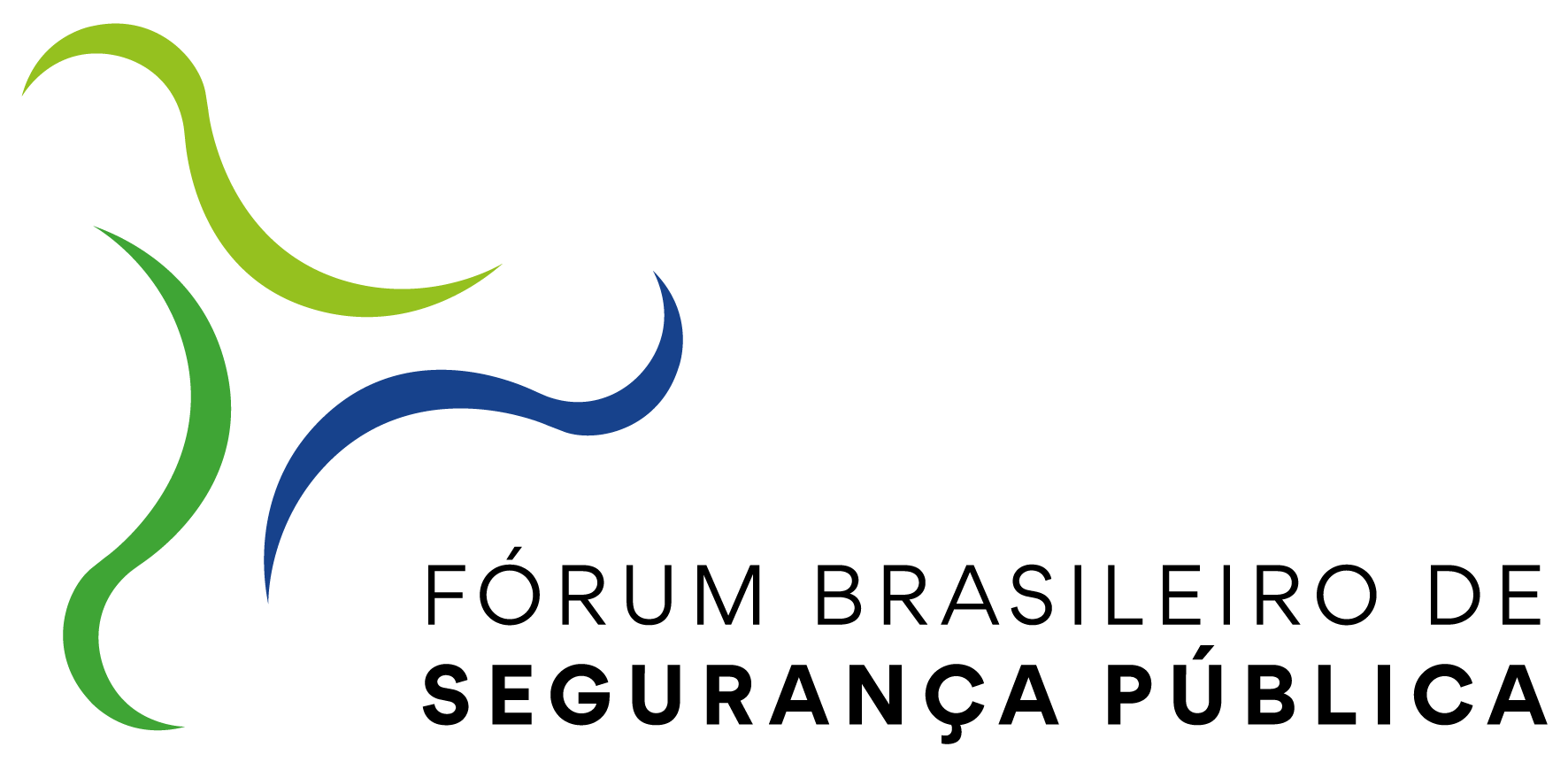Who doesn't march correctly doesn't go arrested to the barracks anymore
Law 13.967/2019 and the guarantee of the fundamental right to freedom of movement for military police officers
DOI:
https://doi.org/10.31060/rbsp.2021.v15.n2.1257Keywords:
Freedom, Inadequacy, Constitucional order, Disciplinary punishmentsAbstract
Freedom is an important fundamental right, foreseen in the Federal Constitution of 1988, which can only be affected in the exhaustive hypotheses described by the Constitution itself. However, in relation to the military police, freedom suffers serious violations, without observing the constitutionally stipulated parameters. These are disciplinary punishments, which restrict the freedom of military police officers through administrative means, without any provision in the law. In addition, there are several aspects of these measures that indicate their inadequacy in relation to the current constitutional order, both formal and material. In any case, the law nº 13.967/2019 introduces important changes in this context, with the objective of extinguishing the private measures of freedom, making sure that in fact the fundamental right to freedom of military police is respected.
Downloads
References
ASSIS, J. C. de. Curso de direito disciplinar militar: da simples transgressão ao processo administrativo. 5 ed. Curitiba: Juruá, 2018.
BECCARIA, C. B. Dos delitos e das penas. Tradução J. Cretella Jr. e Agnes Cretella. 6 ed. Rev. São Paulo: Editora Revista dos Tribunais, 2013.
BRASIL. Constituição da República Federativa do Brasil de 1988.
BRASIL. Decreto nº 4.346, de 26 de agosto de 2002.
BRASIL. Decreto-Lei nº 667, de 2 de julho de 1969.
BRASIL. Decreto-Lei 3.689, de 3 de outubro de 1941.
BRASIL. Lei nº 13.967, de 26 de dezembro de 2019. (2019a)
BRASIL. Lei nº 13.869, de 5 de setembro de 2019. (2019b)
BRASIL. Lei nº 6.880, de 9 de dezembro de 1980.
BRASIL. Ministério da Justiça. Conselho Nacional de Segurança Pública – Conasp/MJ. Recomendação 012, de 20 de abril de 2012.
BRASIL. Ministério da Justiça. Secretaria de Direitos Humanos da Presidência da República. Portaria Interministerial SEDH/MJ nº 2, de 15 de dezembro de 2010.
BRASIL. Câmara dos Deputados. Projeto de Lei nº 7645/2014.
BRASIL. Supremo Tribunal Federal. Ação Declaratória de Constitucionalidade – ADC nº 43, 44 e 54. Relator: Ministro Marco Aurélio. Distrito Federal. Data de Publicação: 8 nov. 2019.
BRASIL. Supremo Tribunal Federal. Ação Direta de Inconstitucionalidade – ADI nº 3340. Relator: Ministro Marco Aurélio. Distrito Federal. Data de Publicação: 9 mar. 2007.
BRASIL. Supremo Tribunal Federal. Habeas Corpus nº 70.648-7 – Rio de Janeiro. Relator: Ministro Moreira Alves. Distrito Federal. Data de publicação: 4 mar. 1994.
BRASIL. Tribunal de Justiça do Estado do Paraná. Habeas Corpus nº 0000020-33.2020.8.16.0013. Juiz: Fernando Bardelli Silva Fischer. Curitiba. Data de publicação: 3 jan. 2020.
BRASIL. Tribunal Regional Federal da 2ª Região. Recurso em Habeas Corpus – RCHC nº 172 2003.51.09.001161-1. Relator: Desembargador Federal Paulo Espirito Santo. Rio de Janeiro. Data de julgamento: 13 out. 2004.
DE PIETRO, M. S. Z. Direito administrativo. 19 ed. São Paulo: Atlas, 2006.
FERRAZ JUNIOR, T. S. Introdução ao estudo do direito: técnica, decisão, dominação. 7 ed. São Paulo: Atlas, 2013.
LYRA FILHO, R. O que é direito. 21 reimpr. 18 ed. São Paulo: Brasiliense, 2012.
MARANHÃO. Lei nº 6.513, de 30 de novembro de 1995.
MASSON, C. Direito penal esquematizado. Parte geral, v. 1. 7 ed. ver. atual. e ampl. Rio de Janeiro: Forense; São Paulo: MÉTODO, 2013.
MEIRELLES, H. L.; ALEIXO, D. B.; BURLE FILHO, J. E. Direito administrativo brasileiro. 38 ed. São Paulo: Malheiros, 2012.
MENDES, F. G.; BRANCO, P. G. G. Curso de direito constitucional. 8 ed. rev. e atual. São Paulo: Saraiva, 2013.
MINAS GERAIS. Lei nº 14.310, de 19 de junho de 2002.
ROUSSEAU, J. J. O contrato social. Apresentação de João Carlos Brum Torres. Tradução Paulo Neves. Porto Alegre-RS: L&PM, 2017.
Published
How to Cite
Issue
Section
License
Copyright (c) 2021 Revista Brasileira de Segurança Pública

This work is licensed under a Creative Commons Attribution 4.0 International License.
Licensing
The Brazilian Journal of Public Security uses the Creative Commons License as a form of licensing for its published works. The license used follows the CC BY 4.0 - Attribution 4.0 International model.
To see the permitted rights please go to the full licence or to our Copyright and Licensing page.



